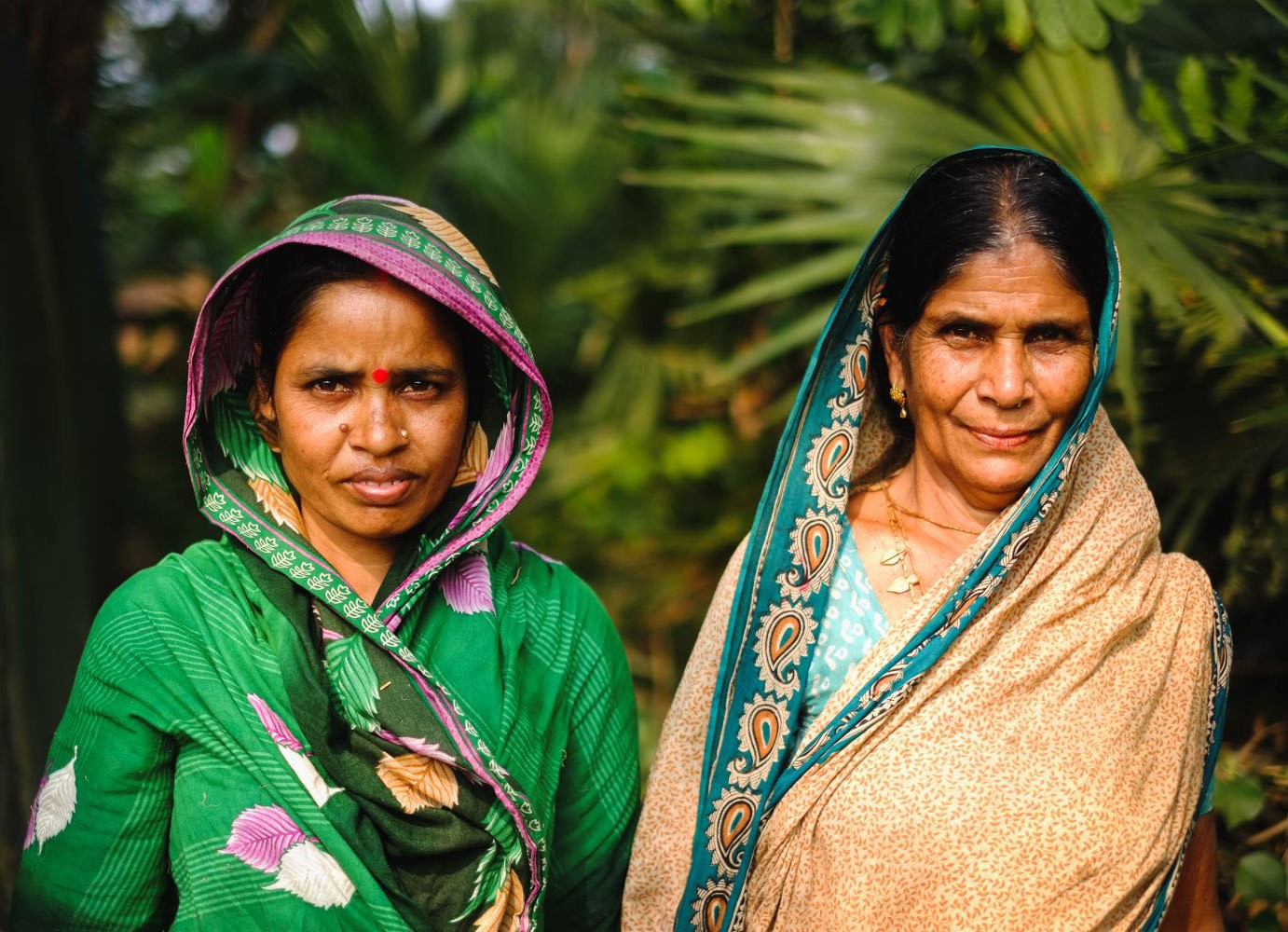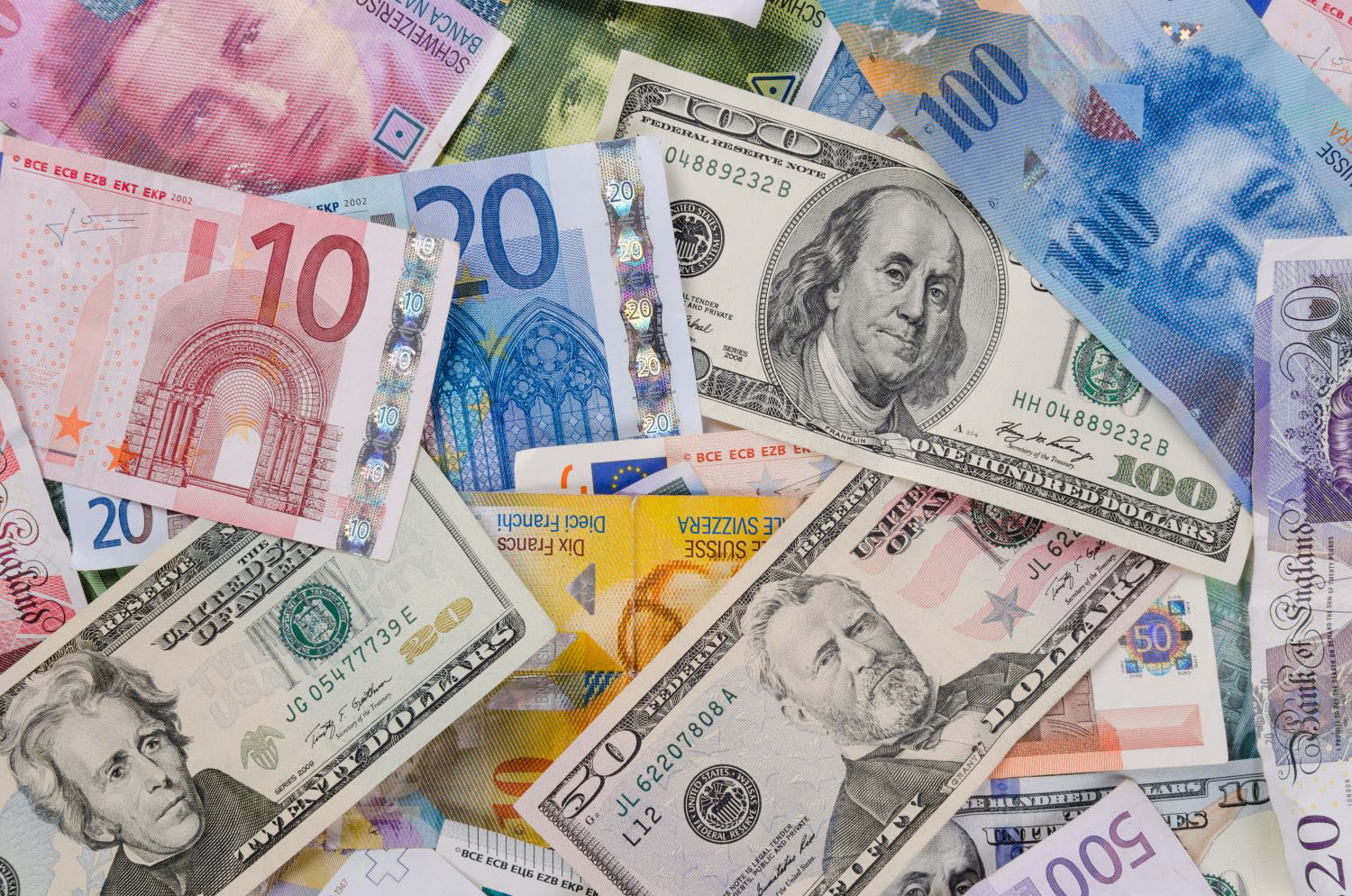Addis Ababa has been alive with urgency this week. Maybe it’s the conference negotiations, establishing a consensus on how to implement the SDGs, to lift millions more out of poverty and save countless lives. But I suspect the frenzy is also partly due to the sheer number and close scheduling of side events in different locations, which sees us scurrying, like well-meaning, directionless ants, between conference halls and hotels, punishing our inappropriate footwear on Addis Ababa’s uneven, rain-muddied streets, and dodging the fleet of outsized UN vehicles, police outriders and flag-fluttering blacked-out limousines.
 World Bank President Jim Kim looks surprised to be here.
World Bank President Jim Kim looks surprised to be here.
The 200+ side events do offer nourishment. Brilliant, earnest people have dazzled me with facts, figures, and uplifting, innovative ideas. At a Gates event I learned that the top ten pension funds in the world contain $4 trillion that could potentially be invested in development; an event on forest finance underlined the importance of sustainable forestry to the SDGs (work that’s close to CGD’s Why Forests? Why Now? project), while at CGD’s own event ‘Five Big Ideas to Finance Development: Practical Proposals, Sustainable Solutions’ senior fellow Owen Barder spoke with characteristic passion about the Beyond Aid agenda: how changing the policies of rich countries across issues such as trade, migration and technology rights can have huge benefits for both developing and developed nations (a report on our event coming soon).
Almost as dizzying as the number of side events has been some of their titles, such as ‘Leveraging Regional Platforms to Support the Implementation of the Addis Ababa Accord: Bridging the Missing Middle Between International Discourse and Country Reality’, or ‘Investments in Transport Infrastructure: a Key Element in Facilitating the Free Movement of Goods and People Along Major Trade and Transit Corridors in the Context of the Post 2015 Development Agenda’. You’d barely have introduced the session before it was time to move to open questions.
Titles notwithstanding, some events have been suffering debilitating bouts of bad timekeeping, often as a result of speakers being unable to distinguish two minutes from seven, or because audience members believe a question needs to be prefaced by five minutes of comment on every point raised. At one particular civil society event we were promised a collaborative dialogue where the four panelists would not spend the hour talking at the audience. The panelists then spent an hour talking at the audience. At the end an exasperated Dutch woman jumped to her feet and shouted ‘why can’t I ask a question?!’ – but the speakers had already started to leave. New as I am to this world, I am learning fast that it was ever thus. Development colleagues: what is it about your own voices that you love so much?
 UN Secretary General Ban Ki-moon beats a hasty retreat.
UN Secretary General Ban Ki-moon beats a hasty retreat.
True, with ministers and high-ranking delegates from member states present, this is THE place to try and shape the conversation about how to implement the SDGs. But long, busy conferences benefit from clarity of thought and brevity of speech.
I’m clearly not alone in this. At a ONE Campaign event to launch the Global Partnership for Sustainable Development Data, Sarah Lucas of the Hewlett Foundation (and ex-CGDer) pledged $1.5m for better data, rising to $2m if other speakers at the event all finished on time. I’m keen to know how much Hewlett’s final check will be for!
This was a particularly impressive side event, oozing luminaries including US Treasury Secretary Jack Lew, all in the room by 7.30am for a full-on pledging session.
And all the while, as we thousands of delegates scuttle around in growing anxiety (“I need the wifi password NOW!”) hundreds of patient, lovely Ethiopians have been working beyond hard to keep us fed, watered, connected, cool, on time and in the right place. Ethiopia, something of a poster child for development in recent years, is a fitting venue for this extravaganza, designed to figure out how to spread some of that progress to other poor countries. Now, as we all start to make the arduous trek back to our respective homes thousands of miles from Addis Ababa, I hope the agreement will build on the MDG progress of the last 15 years and set us up for SDG and climate success in the years to come. In more ways than one, we have come too far to fail.
CGD blog posts reflect the views of the authors, drawing on prior research and experience in their areas of expertise.
CGD is a nonpartisan, independent organization and does not take institutional positions.


 World Bank President Jim Kim looks surprised to be here.
World Bank President Jim Kim looks surprised to be here. UN Secretary General Ban Ki-moon beats a hasty retreat.
UN Secretary General Ban Ki-moon beats a hasty retreat.


